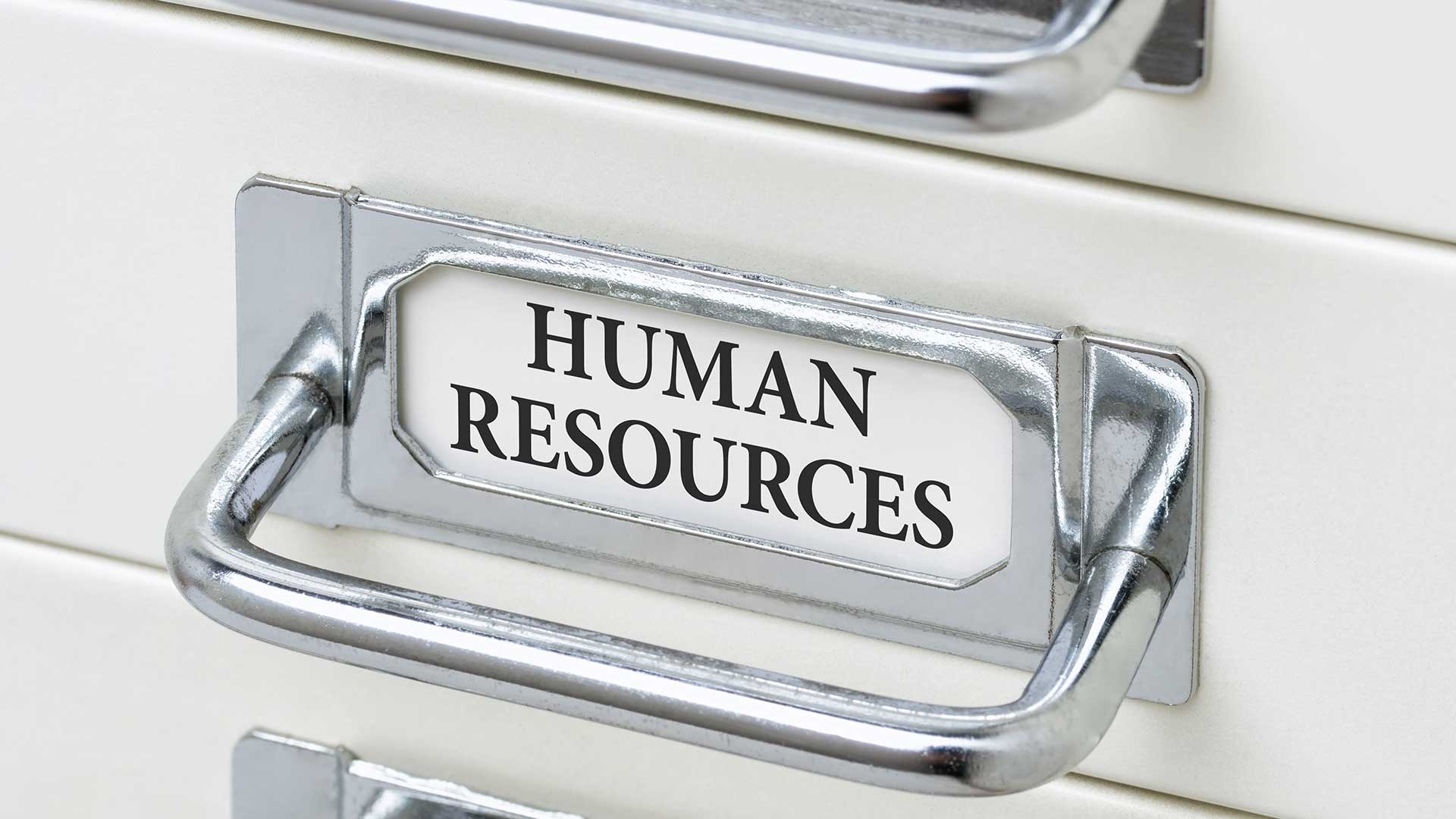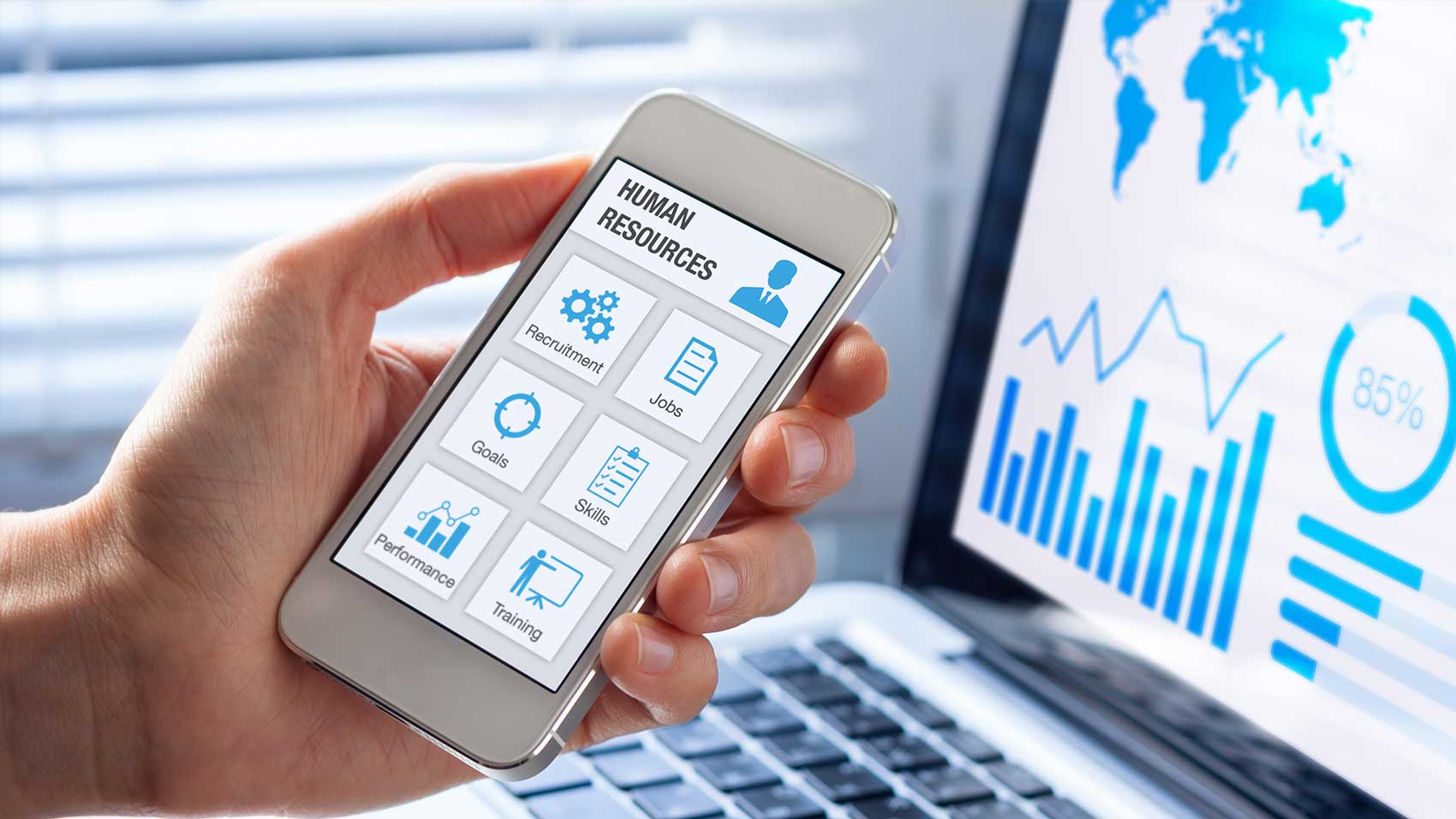HR's Digital Revolution: Embracing ECM Software to Boost Efficiency
Table of contents
In today's fast-paced business world, technology is rapidly changing the way we work. From automating workflows to managing people, technology has become an integral part of how we conduct business. One department that is quickly realizing the benefits of digital transformation is the Human Resources (HR) department. HR teams are embracing Enterprise Content Management (ECM) to streamline their operations, save time, and increase productivity.
The Rise of Enterprise Content Management (ECM)
Enterprise Content Management (ECM) is a system used to manage and organize digital assets and business processes within an organization. ECM solutions typically involve the capturing, managing, storing, preserving, and delivering of digital content, including documents, records, and other types of content. ECM systems provide a central repository for all of an organization's content, making it easier to find, share, and collaborate on.
ECM has been around for several years, but it's only recently that it has gained widespread adoption in the HR department. With the rise of cloud-based ECM platforms and enterprise content management software, HR teams can now automate workflows, manage records, and collaborate more efficiently.
Benefits of Using ECM for HR
The advantages of using ECM for HR are numerous. Firstly, it allows for faster document processing. By automating workflows, HR teams can process documents faster, reducing the time it takes to complete administrative tasks. This means HR staff can spend more time focusing on strategic initiatives and less time on paperwork.
Secondly, ECM solutions provide improved data security. Storing documents and records in a central repository ensures that data is secure and accessible only to authorized personnel. This reduces the risk of data breaches and other security-related incidents.
Finally, ECM systems improve collaboration among HR staff. By providing a central repository for all HR-related documents and records, ECM enables HR staff to work together more efficiently. This means that HR teams can collaborate more effectively, resulting in better decision-making and faster problem-solving.
How to Implement ECM
Implementing ECM in the HR department can be a daunting task, but with the right approach, it can be done successfully. Firstly, it's essential to choose the right software. Look for a solution that's easy to use, scalable, and meets your specific needs.
Secondly, it's crucial to train staff on how to use the new system. This will help ensure that everyone is comfortable with the new ECM platform and understands how to use it effectively.
Finally, it's important to establish clear processes and guidelines for using the new system. This will help ensure that everyone in the HR department is using the system in the same way, reducing the risk of errors and improving productivity.
Conclusion
The HR department is one of the most critical departments in any organization. HR teams are responsible for managing people, which is a complex and challenging task. However, with the help of ECM, HR departments can streamline their operations, save time, and increase productivity. By using ECM to manage documents and records, HR teams can focus on what really matters – human resource management. Therefore, it's essential for HR departments to embrace ECM to stay competitive in today's digital world. So, if you haven't already, it's time to jump on the ECM bandwagon and revolutionize the way you work!
Looking to scan your HR files? Let's get you a quote!
Share this
You May Also Like
These Related Stories

Revamping HR with Digital Transition: The Power of Document Scanning

2025 HR Document Retention Guide: Build a Smarter Filing System

